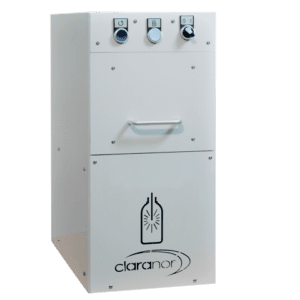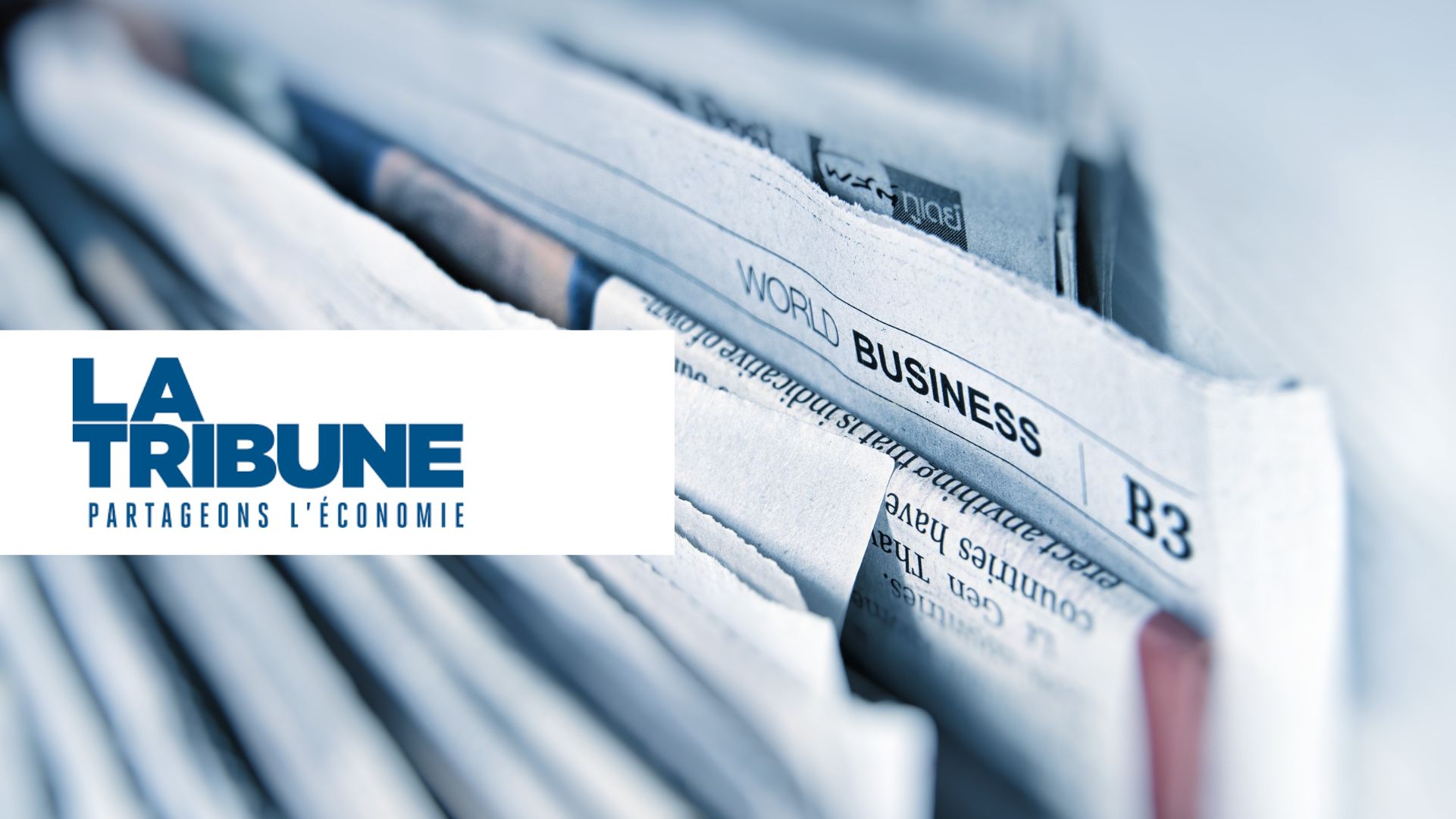Packaging. Claranor supports reuse
Article published in La Tribune, July 04, 2023
Read the original article in French
Pioneer and leader in packaging Pulsed Light decontamination, the Avignon-based SME offers an alternative to traditional chemical processes and contributes to making industrial practices more sustainable. It’s no surprise, then, that the company has taken up the issue of reuse, which it has identified as one of its main areas of development, and for which it is multiplying its innovations.
By Gaëlle Cloarec
Supported by the February 2020 AGEC (Anti-waste for a circular economy) law, the packaging reuse sector is getting into fighting order. Here and there, initiatives are multiplying, experimenting with usage methods, business models and consumer support. Because the timetable is getting drastically shorter. By the end of 2025, for example, supermarkets will have to reduce their single-use plastic packaging by 20%, at least half of which will be achieved through reuse. This target has prompted an entire ecosystem to rethink its approach, “exposing itself to the subject in order to develop solutions and offer them to our customers”, explains Christophe Riedel, CEO of Claranor.

600 MACHINES WORLDWIDE
Founded in 2004, this Avignon-based SME is a pioneer and leader in packaging Pulsed Light decontamination: the application of intense flashes of germicidal white light generated by a xenon lamp. Endorsed by the Solar Impulse Foundation, this physical alternative to conventional chemical technologies, which saves water and energy, meets the UN’s sustainable development objectives and helps to make industrial practices more eco-friendly. To date, 600 machines have been installed in some sixty countries on production lines dedicated mainly to the food industry, from bottle caps to cups and lids for dairy products. Nestlé, Danone and Lactalis are, logically enough, among the company’s long-standing customers, but not the only ones. The pharmaceutical and cosmetics sectors have also chosen their services, in the decontamination of secondary packaging such as syringe trays in the case of the former, and for reuse in the case of the latter.
BULK IN THE SPOTLIGHT
Such is the case with L’Occitane and its bulk fountains. Since 2021, the cosmetics brand has been offering a system for refilling products, directly in store, in recycled and recyclable aluminum bottles, encouraging consumers to source their supplies at source and thus avoid generating additional plastic. These refill stations, developed in the form of a cabinet, include a disinfection module, no bigger than a computer tower, developed by Claranor. The SME, which employs some forty people and generates sales of around 6 million euros, made its first foray into the reuse market. And there were more to come.
In collaboration with Areco, a company based in Grasse specializing in the nebulization – and hence preservation – of fresh produce shelves, Claranor designed the BYOC
100 (acronym for Bring your own containers with 100% safety). This machine for disinfecting reusable containers using pulsed light won a prize in the Ecological Transition category at the latest Perifem Awards, which recognize innovations in the supermarket sector. It is currently being tested by two supermarket chains, in their cut-size sections. “We were interested in the problem of contamination transmitted by the hands of the consumer who brings in the container, and those of the operator who fills it, in order to make the operation safer. This led to a decontamination system for the inside and outside of the container”, explains Christophe Riedel. For Riedel, the packaging sector is entering a phase of continuous innovation to meet the challenges of performance, edibility, practicality and decarbonization.
PLASTIC BASHING
However, while bulk packaging is presented as an alternative to the use of plastic, “it won’t solve all our problems”. Similarly, reuse is not suitable for all forms of consumption, and requires, in the case of deposits for example, the indispensable standardization of containers. Far from unanimous. “There’s a lot of plastic bashing, but it’s short-sighted to think that we don’t have any and won’t need any. While we are working to develop new applications to master the decontamination of metal and aluminum packaging, our markets are largely linked to plastic.” Hence, ultimately, Claranor’s main challenge: to convince manufacturers to switch to the new physical technologies, which are practical, efficient and more respectful of the environment.

